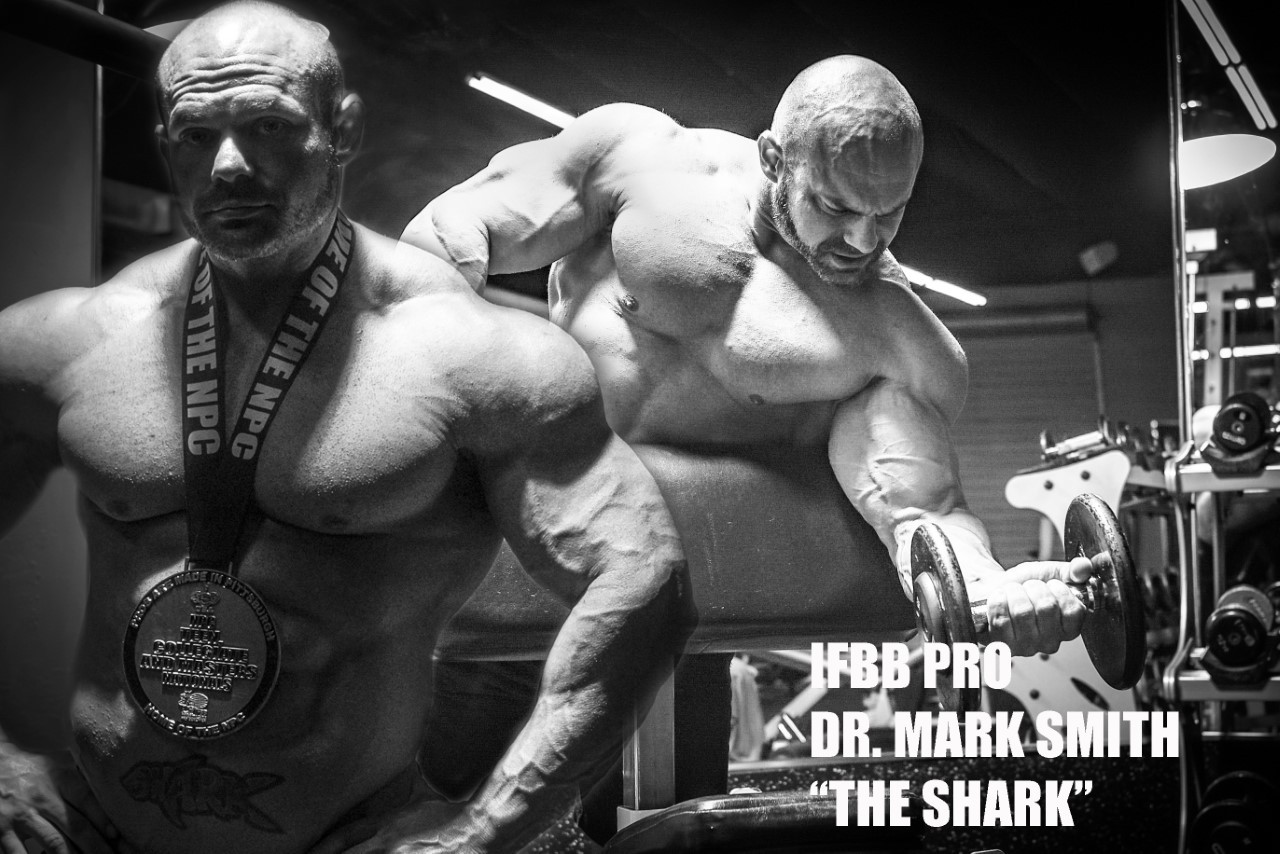We were lucky to catch up with Mark Smith recently and have shared our conversation below.
Hi Mark, thanks for joining us today. It’s always helpful to hear about times when someone’s had to take a risk – how did they think through the decision, why did they take the risk, and what ended up happening. We’d love to hear about a risk you’ve taken.
Before I became a full-time professor I was working a corporate sales job. I was only an adjunct professor at that time teaching part-time. The company I was working for decided to do layoffs and I was a casualty of that. Faced with the decision to either pursue another corporate job I made the choice to try to go into academia full-time. The University I was working for didn’t have a full-time position available for me so I waited. I didn’t pursue another job or career I invested the time into being a better professor. I spent extra time on campus working with students, going to all the faculty meetings and learning better ways to facilitate. After about a month of that I was fortunate that a role opened up that the University could use me for. Because of my work ethic and presence I was their first choice and moved seamlessly into being a full-time professor. Since then I have thrived finishing my doctorate, being promoted to program lead and published 2 different books on leadership.


Mark, love having you share your insights with us. Before we ask you more questions, maybe you can take a moment to introduce yourself to our readers who might have missed our earlier conversations?
My two careers of professional bodybuilding an being a professor stem from my goals I set for myself when I was a teenager. I made the goals of finishing my doctorate and obtaining my IFBB pro status in bodybuilding. Both took longer then I thought but I have accomplished both and that has cleared the way for me to enter into the careers I have now. I worked my way up the ranks as a professor starting as a part-time adjunct to prove my abilities which turned into a full-time position. That led to me being promoted to program lead at my University and publishing 2 books and over 30 articles in the field of management. I am considered an expert in my field of study and strive to be a presence in the leadership/management community.
My other career and goal of becoming a professional bodybuilder was the most fulfilling accomplishment I have done to date. I have been working toward that for almost 20 years and I earned my status in late 2020. My bodybuilding path was filled with trial and error with me never giving up on that dream. I have competed through various life events and issues but none as testing as the last one where I won my professional status. During that preparation I dealt with a very unexpected and messy divorce. Out of no where and with no reasoning my now ex-wife left and took our daughter with her. I spent the next 2 months filing for divorce and fighting for custody of my daughter. I did all of this while still prepping for my pro qualifying competition and doing my full-time professor work. It was a test of my mental toughness to say the least but in the end I persevered and won in all areas.
We often hear about learning lessons – but just as important is unlearning lessons. Have you ever had to unlearn a lesson?
After I finished my MBA when I was 24 I thought I would have the world by the tail. I assumed six figure jobs would be waiting for me and life would be smooth sailing. Of course, I was wrong as none of that happened and I was still in the same sales job I had before I graduated. No surprise now but at that time it was deflating. Being young and educated I felt like I knew everything and I remember specifically having a conversation with my Father about employees. My Father being a veteran of mid-level management for over 30 years had a ton of experience working as a manager. We discussed worker pay and a situation where employees felt they needed to be paid more. I being taught a very emotionless way of looking at labor as a resource felt workers got paid too much as their work had no skills or education involved. My Father on the other hand was quite upset by my way of thinking and called me an “asshole” for thinking this way. Fast forward 13 years and I completely agree with him. Employees are people not resources. They have goals, families, and a life that hinges on their jobs. The idea that we as business owners should pay them less or their work has no real value is just a awful way to think. My mindset after that conversation 13 years ago changed my perspective and I feel all organizations should pay their people as much as they can no matter what the industry average is. Your workforce is your company and without them you would be out of business.
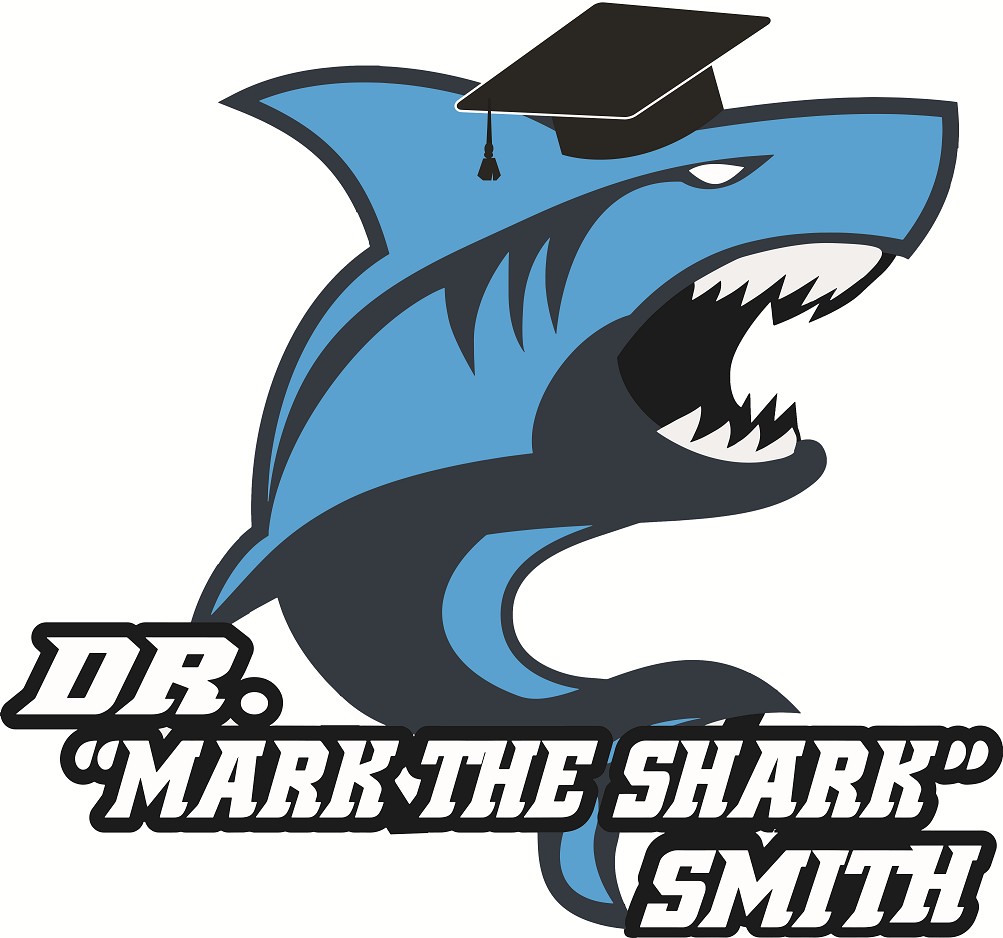
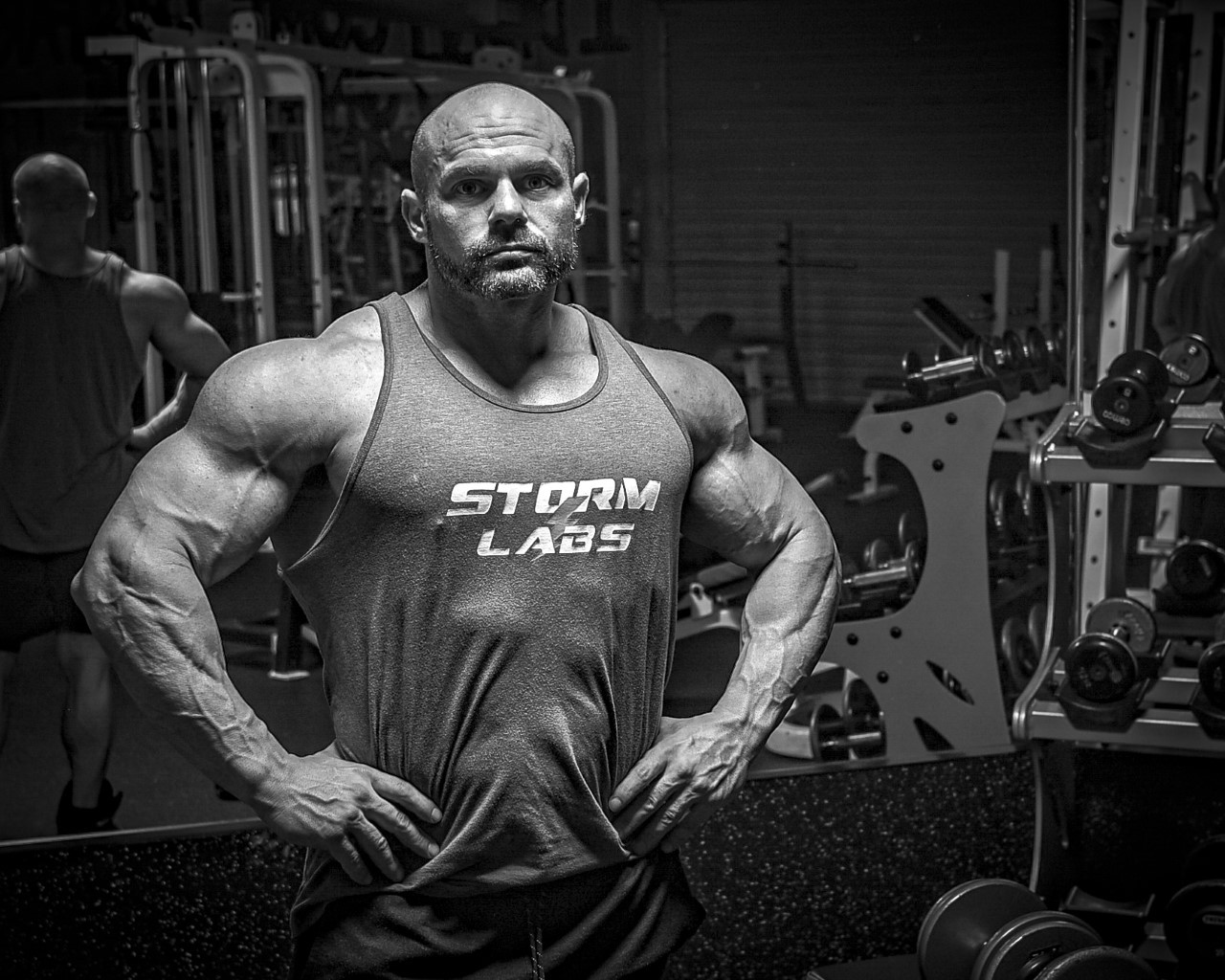
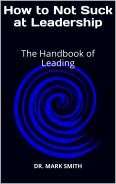
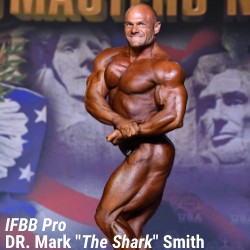
Do you have any insights you can share related to maintaining high team morale?
My personal advice I give anyone in or entering management is to focus on these three things. Be humble about where you stared, care about the people you serve as leader, and communicate as much as possible. High morale stems from the quality of leadership that employees encounter. If employees dislike their leaders then morale will be low. Organizations don’t focus enough on leadership which is why morale is such an issue. Employees respond to great leaders and will stay in a job position longer if they are treated well by their leadership. As a manager if you stay positive, communicate with your team regularly, and show that you care about them over your own self-interest you will have success. Their are obviously other factors that can affect employee morale but as a manager or leader the only thing you can control is how you treat your employees. Treat them with respect and function as a servant leader to them and you will be able to maintain high morale.
Contact Info:
- Website: https://www.drmarktheshark.com/
- Instagram: @dr.mark_the_shark
- Facebook: https://www.facebook.com/Mark.the.shark17
- Linkedin: https://www.linkedin.com/in/dr-mark-smith-43235617/
- Youtube: https://www.youtube.com/channel/UCzzk-9Mvz5uoepAdUiAKugQ


